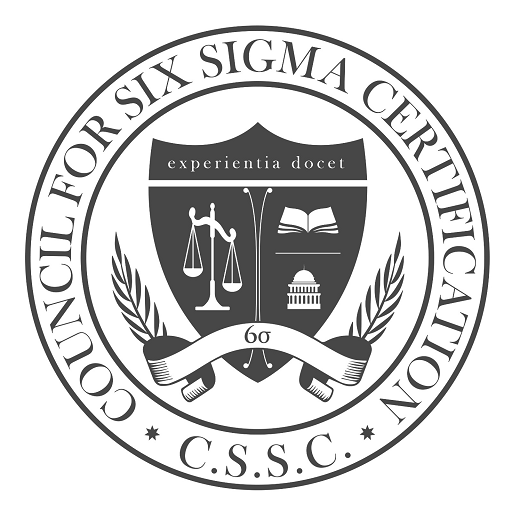Lean Six Sigma course in Bengaluru

A Lean Six Sigma course in Bengaluru provides a comprehensive understanding of two powerful methodologies, Lean and Six Sigma, aimed at enhancing organizational efficiency and effectiveness. In essence, Lean focuses on eliminating waste and maximizing value, while Six Sigma aims at reducing variation and defects in processes. By integrating these methodologies, organizations can achieve significant improvements in quality, productivity, and customer satisfaction.
The course typically begins with an introduction to the core principles of Lean and Six Sigma. Lean principles revolve around identifying and eliminating waste in processes, whether it’s overproduction, waiting times, unnecessary transportation, defects, or underutilized talent. Six Sigma, on the other hand, emphasizes data-driven decision-making and statistical analysis to reduce variation and defects to achieve a level of near-perfection known as “Six Sigma quality.”
As participants progress through the course, they delve deeper into the methodologies and tools associated with Lean Six Sigma. They learn about the DMAIC (Define, Measure, Analyze, Improve, Control) framework, which provides a structured approach to problem-solving and process improvement. They also explore various Lean tools such as Value Stream Mapping, 5S, and Kanban, as well as Six Sigma tools like Statistical Process Control (SPC), Design of Experiments (DOE), and Root Cause Analysis.
Moreover, the course often includes case studies and real-world examples to illustrate how Lean Six Sigma principles and tools are applied in different industries and contexts. These case studies highlight successful implementations of Lean Six Sigma initiatives, showcasing the tangible benefits organizations have achieved, such as cost savings, cycle time reduction, and quality improvements.
Furthermore, participants learn about the importance of leadership and organizational culture in driving Lean Six Sigma initiatives. Effective leadership commitment and support are essential for creating a culture of continuous improvement and sustaining Lean Six Sigma efforts over the long term. Participants also explore change management strategies to overcome resistance to change and ensure successful implementation of Lean Six Sigma projects.
Throughout the course, participants engage in hands-on exercises, simulations, and projects to apply their knowledge and skills in real-world scenarios. They work in teams to identify process improvement opportunities, collect and analyze data, and implement solutions to achieve measurable results.
By the end of the course, participants gain a comprehensive understanding of Lean Six Sigma principles, methodologies, and tools, along with the confidence and skills to lead and contribute to process improvement initiatives within their organizations. Whether they pursue certification or apply their newfound knowledge directly in their roles, the Lean Six Sigma course equips them with valuable tools for driving organizational excellence and achieving sustainable results.

